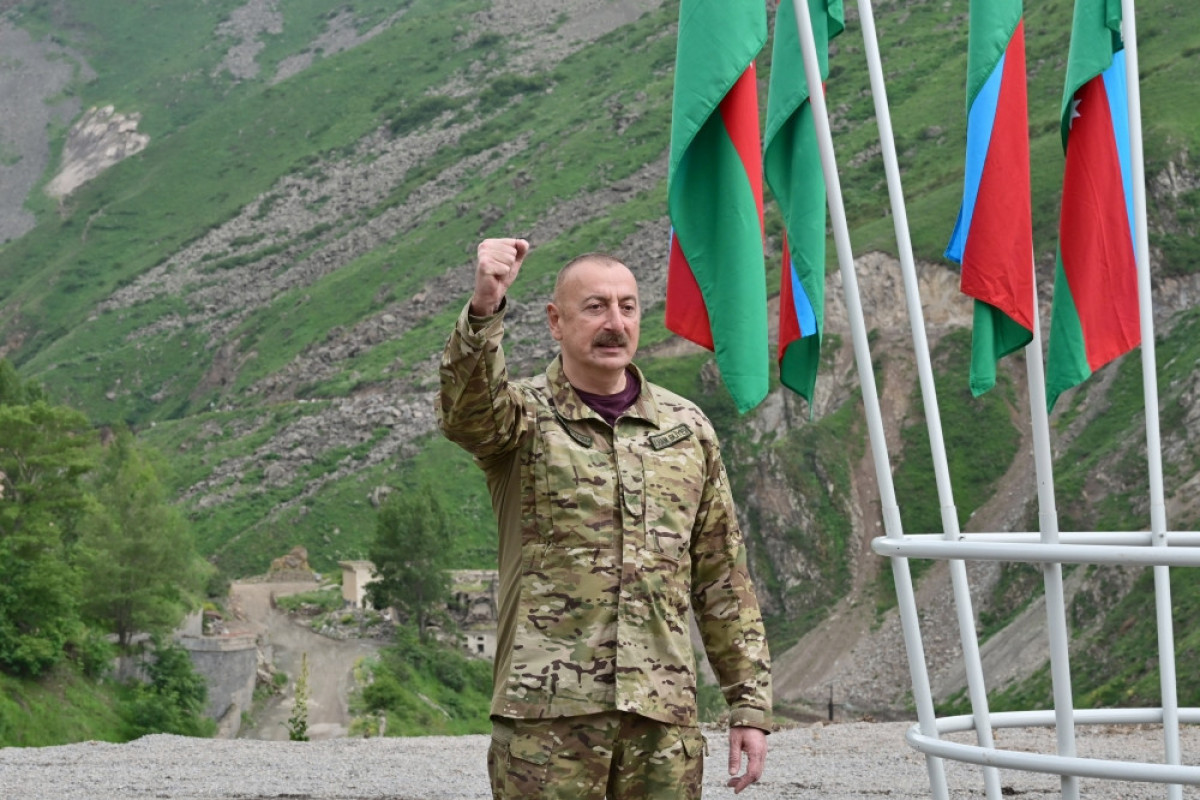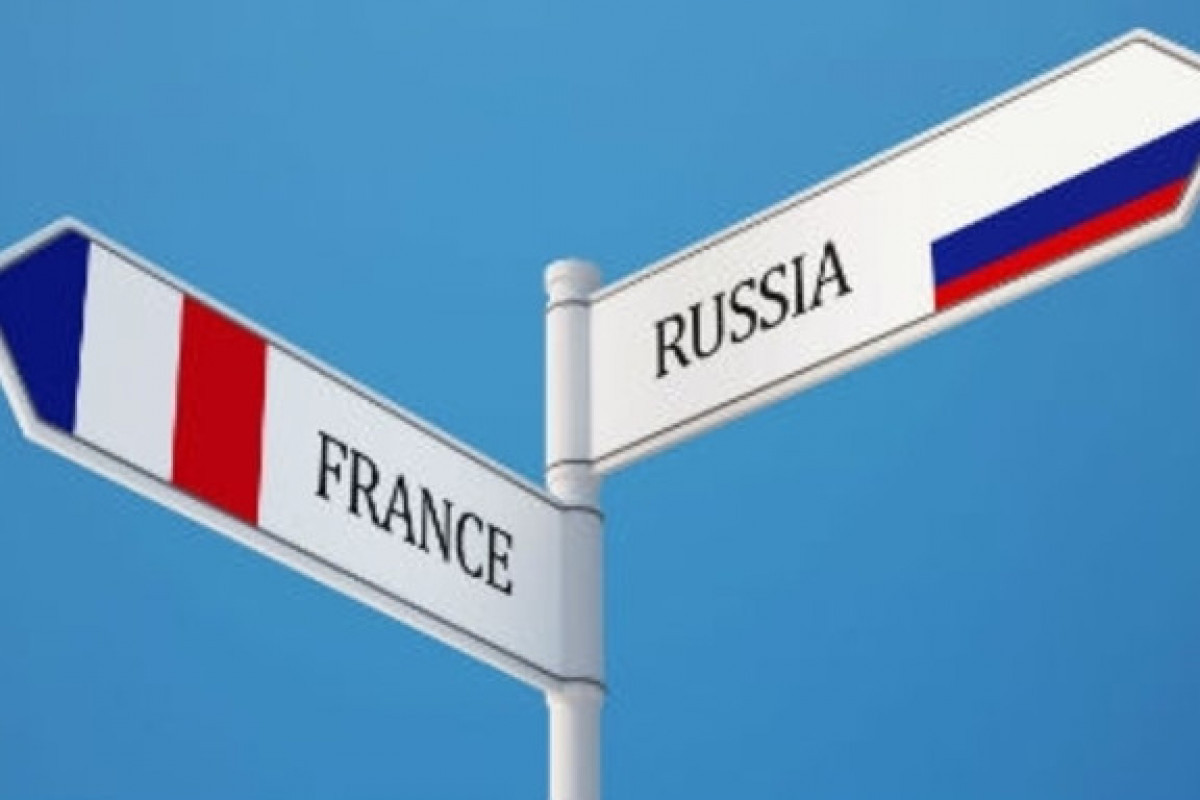On 10 February 2016, two important meetings took place in this direction.
Undersecretary of the Turkish Foreign Ministry Feridun SinirlioÄŸlu discussed with Israeli Prime Minister Benjamin Netanyahu’s envoy Joseph Ciechanover and acting National Security Adviser Jacob Nagel ways of restoring relations between Turkey and Israel. (Negotiations between the two sides were first started by SinirlioÄŸlu and Israeli Foreign Ministry Director General Dore Gold).
Prior to the Geneva meeting, a more significant event took place in Ankara: Turkish President Recep Tayyip ErdoÄŸan received in the presidential palace a delegation of the Conference of Presidents of Major American Jewish Organizations which includes the most influential US-based Jewish organizations. Created at the request of US President Dwight D. Eisenhower in 1956 for the purpose of facilitating dialogue with numerous Jewish organizations in the country, the organization comprises 52 Jewish organizations functioning in the US. It is enough to refer to this organization when looking for the powerful Jewish lobby in the US. The organization’s primary goal is to contribute to US-Israel relations and carry out activities to the benefit of Israel. The Ankara visit led by Malcolm Hoenlein, Executive Vice Chairman/CEO of the Conference of Presidents of Major American Jewish Organizations, is indicative of importance given to Turkey-Israel rapprochement by the Israel government as well as the world Jews.
It’s known that the Turkish government had put forth three conditions for the normalization of relations with Israel after the “Mavi Marmara” incident: That Israel must apologize, pay compensation for the families of Turkish citizens killed in the operation carried out by Israeli forces, and put an end to the blockade of the Gaza Strip. Israel fulfilled the first condition on 23 March 2013 when Prime Minister Netanyahu apologized during a phone talk with ErdoÄŸan mediated by US President Barack Obama. The covert dialogue aimed at restoring bilateral relations between the two countries began following this apology and discussions on the fulfillment of the other two conditions started. There are reports that the sides have already come to an understanding on the matter of compensation too. The main obstacle at the moment is that under what circumstances the blockade of Gaza would be ended. Israel in turn demands that Ankara closes HAMAS offices in the country and cut all kinds of support to this organization. According to the Turkish newspaper Milliyet, during the meeting with US Jewish organizations, President ErdoÄŸan gave concrete proposals on the elimination of the Gaza blockade. ErdoÄŸan said Turkey is seeking to send a special vessel to Gaza to function as a power station supplying Gaza with electricity on a continuous basis and another vessel to convert seawater into freshwater, and send construction materials to restore schools, hospitals, and infrastructure in Gaza. The Jews of Israel and the US are concerned by the possibility that construction materials might fall into the hands of HAMAS who would use them to create hidden tunnels. So this demand of Turkey is not favored by them.
However, both Turkey and Israel believe that the problems arising during the negotiations would be eliminated through mutual concessions. Because, at present, there are very important factors that dictate Turkey-Israel rapprochement and force the sides to sit down at the negotiating table to come to an understanding. “Israel is in need of a country like Turkey in the region. We have to admit that we also need Israel. The mutual need is a fact of the region,” statements made by ErdoÄŸan on his return from an official trip to Saudi Arabia earlier this year are very important to understand what is going on. What is the fact causing a leader like ErdoÄŸan to admit that “they also need Israel”? First of all, we should note Iran's growing influence on the region. Following the Vienna nuclear deal reached between Iran and the P5+1 group of countries and practically lifting of sanctions, Tehran got a chance to restore and strengthen its economy that in turn will open up new opportunities to Iran for further increasing its activity on the region. Israel is seriously concerned that Iran that pursued expansionist policy in the region (Yemen, Iraq, Syria) and produced ballistic missiles capable of striking Israel even during the time of sanctions, can achieve more after lifting of sanctions. Turkey is seriously concerned about Iran’s growing influence on Iraq and Syria and this concern has increased in recent days. The Syrian army has advanced towards Turkey’s border as they pressed Ankara-backed opposition groups. It's not secret that the main part of Assad's army capable of fighting consists of soldiers of Iran's Revolutionary Guards Corps (IRGC) and "Hezbollah" fighters. Their attacks caused a threat of suspension of relations between Turkey and opposition groups in Syria, as well as a new influx of refugees to Turkey, so it infuriates ErdoÄŸan and DavutoÄŸlu and encourages them to seek solutions. Thus, Turkey and Israel are united over the threat posed by Iran. Both states are dissatisfied with Obama’s policy towards the region and have begun to realize that their destiny is in their hands.
Along with overlapping regional interests, Turkey and Israel also have common economic interests. It should be noted that in spite of political apathy, the trade turnover between the two countries has increased in recent years and policies did not affect mutual profitable economic cooperation. Now that the sides have decided to settle political problems, new opportunities have appeared for further development of economic ties. As is known, natural gas fields in volumes exceeding domestic demand have been discovered in Israel, and the issue of presenting these reserves to the world market is on the agenda. Firstly, the Israeli side thought to export these reserves through Egypt, but this option is not as actual as before due to certain reasons. Now the construction of a pipeline which would stretch from the east of Mediterranean to Turkey and from there to Europe is one the agenda. Israel, Turkey and the EU are all interested to construct such a pipeline. After the deterioration of relations with Russia, Turkey has begun to reduce in energy dependence on this country and diversify the sources. Israel is very important for Turkey as a new source. On one side, the new pipeline will meet a part of Turkey’s domestic demand for natural gas and eliminate Ankara’s dependent on Russia’s monopolist after the existing contract with Gazprom is terminated. On the other hand, the pipeline will increase Turkey’s significance as a transit country and transform Turkey into a European energy hub. The EU is also pursuing policy to put an end to energy dependency on Russia and eliminate Gazprom’s monopolist position while Israeli gas is ideal from this point of view. Therefore, the Israeli-Turkish gas pipeline may become an important project that will be able to affect the geopolitical processes in the future. Another impact of this pipeline on geopolitics is the issue of Cyprus. The fact that the pipeline passes through the east of the Mediterranean necessitates understanding between the Greeks and Turks of Cyprus and similarly between Cyprus and Turkey. There is already certain progress in this issue and dialogue between both communities of the island is developing. The Turkish government has also said that it would welcome an agreement between the Turkish and Greek communities.
As can be seen, Turkey-Israel rapprochement has grown out of being a regional issue of bilateral interest and turned out to be a critical process that is going to have impacts on global geopolitics.
Shahin Jafarli, APA Analytic Center





 ANALYSIS'>
ANALYSIS'>
